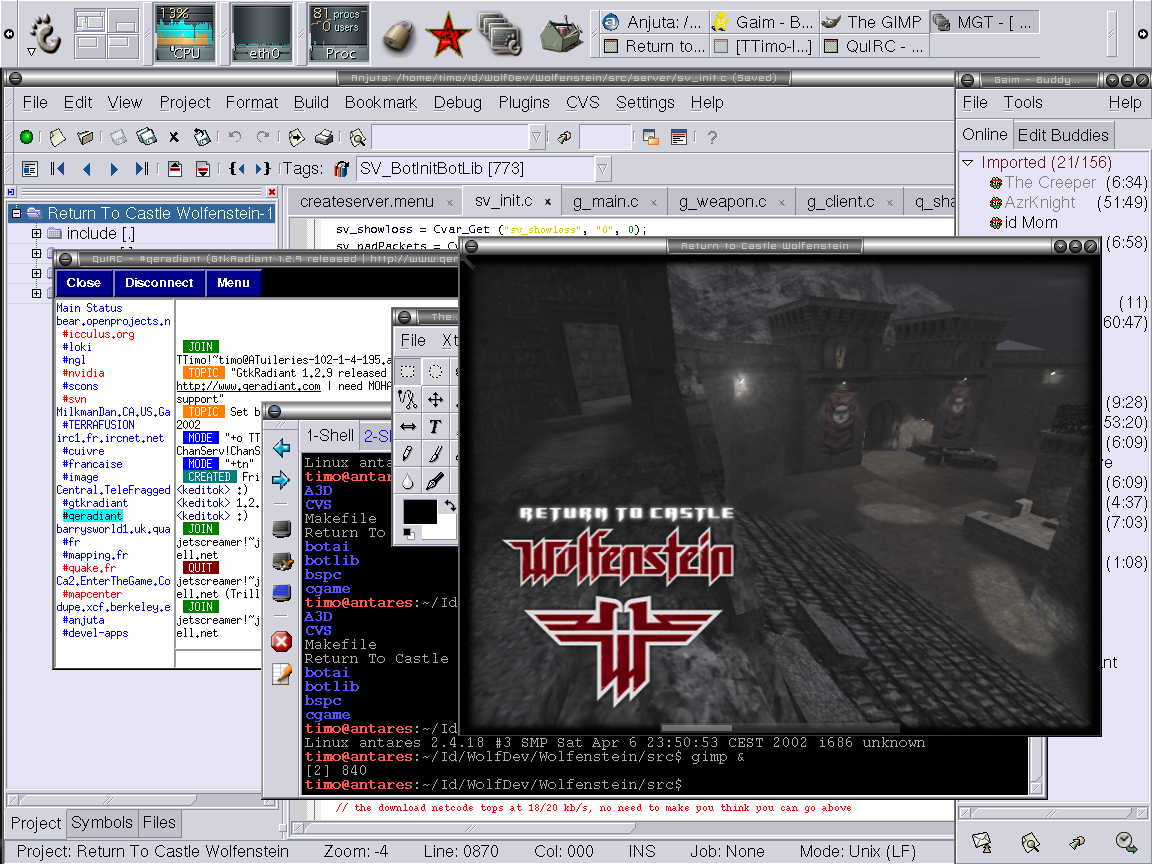Basics of the Unix Philosophy
The ‘Unix philosophy’ originated with Ken Thompson's early meditations on how to design a small but capable operating system with a clean service interface. It grew as the Unix culture learned things about how to get maximum leverage out of Thompson's design. It absorbed lessons from many sources along the way.
The Unix philosophy is not a formal design method. It wasn't handed down from the high fastnesses of theoretical computer science as a way to produce theoretically perfect software. Nor is it that perennial executive's mirage, some way to magically extract innovative but reliable software on too short a deadline from unmotivated, badly managed, and underpaid programmers.
The Unix philosophy (like successful folk traditions in other engineering disciplines) is bottom-up, not top-down. It is pragmatic and grounded in experience. It is not to be found in official methods and standards, but rather in the implicit half-reflexive knowledge, the expertise that the Unix culture transmits. It encourages a sense of proportion and skepticism — and shows both by having a sense of (often subversive) humor.
Doug McIlroy, the inventor of Unix pipes and one of the founders of the Unix tradition, had this to say at the time [McIlroy78]:





















